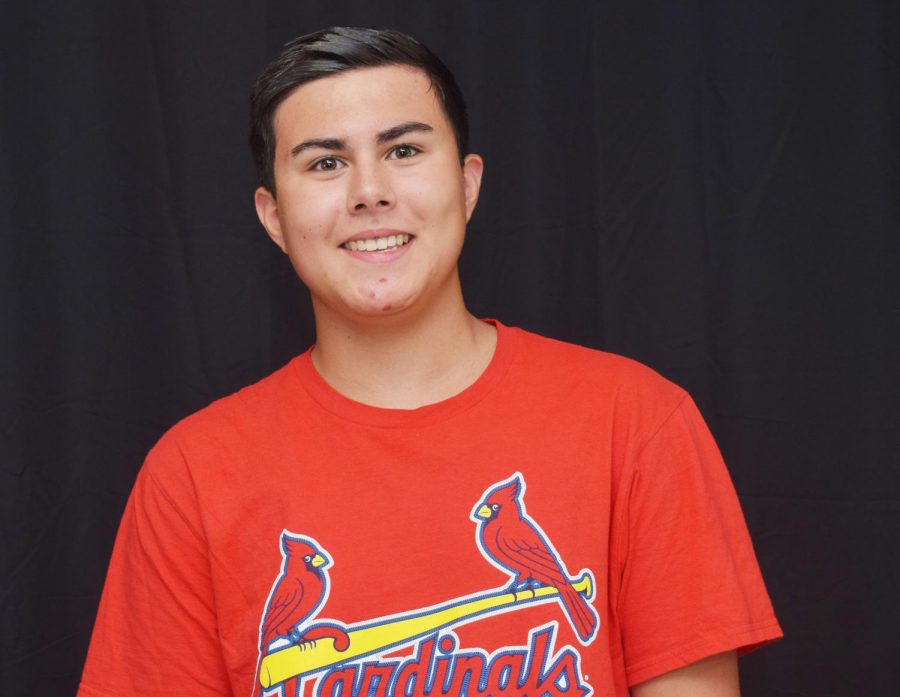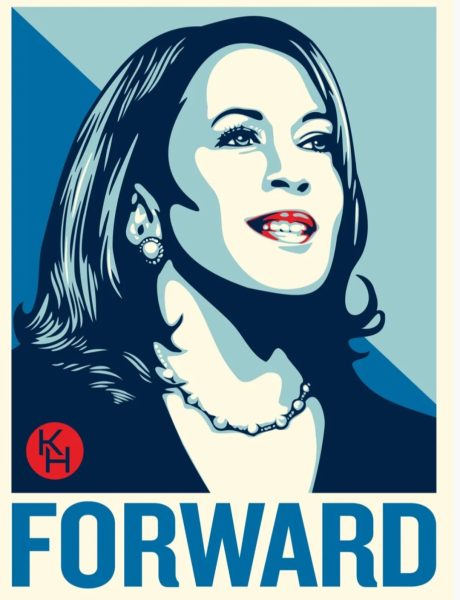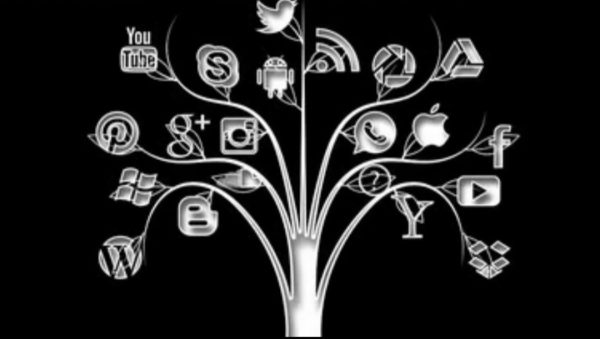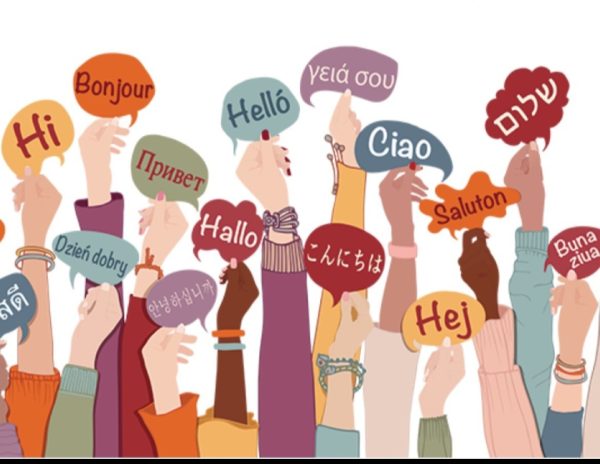Model UN helps you in so many areas
If I can win it, you can win it too.
Then there’s Russia. Russia also has a very limited free press, similar to Hungary, and basically all of the major news and media outlets are state-backed. But unlike all of the other countries I have mentioned, Russia has been surprisingly silent on how it’s handled the COVID-19 pandemic.
Most people would think that dressing up in a suit, tie, and dress pants on a Saturday because you like discussing global relations and want to pretend, albeit for a day, that you are in fact a UN delegate, is boring.
I’m not that person.
Model UN is probably my favorite extracurricular activity at the school, because it helps you in so many ways.
I remember taking the GT test as an 8th grader and hoping that I’d get in for one reason only: Model UN. It was something that I’d always wanted to do, and when I got a letter back saying that I’d indeed passed the test, I knew that MUN would indeed be in my future.
Funnily enough, the first big project I had as a GT student was for SJMUN. It’s the first local MUN conference of the year, hosted by Eastern. Mrs. Palmer, the GT teacher, assigned us a country on certain committee, and using research, we had to write a position paper up to four pages long about the country’s position on the committee.
Position papers are one way MUN helps with school. You have to use credible sources to find out about what your country’s position is. For example, I was assigned to be Austria on ECOFIN 2008 (an EU branch dedicated to affairs on economic and financial affairs, in this case dealing with the 2008 recession), and using sources like the World Bank, I had to find out about how Austria’s economy fared during the recession.
The papers also help with writing. Papers are three paragraphs long, and deal with your country’s history with the committee, your country’s position on the committee, and your country’s solution to the problem that the committee is faced with solving. You have to put down your country’s position in a clear and concise way, and you have to use delegatory language, like “The Republic of Austria duly notes that the great economic recession of 2008 has shelled the economy of not just us, but every country in Europe, and we need to come up with a clear solution that provides financial aid to every EU member.”
And yes, MUN helps with public speaking too. I personally hate speaking in front of people. I get very nervous and just kind of freeze. My legs shake, I use filler words in pretty much every sentence, and my eyes dart around the room, looking from person to person. Not fun.
But MUN helped me get more comfortable with speaking in front of people. Instead of speaking in front of 100 people, it’s 10 to 20 kids from different schools in a room discussing a topic. Delegates have to follow decorum: they can only speak while raising their placards and if needed pass notes to other delegates about the topic at hand. While nervous at first, I slowly got into a rhythm where I was ready to speak without feeling nervous.
If you’re taking GT at all, I’d recommend doing MUN. You get to meet people from all grades and make new friends, and it’s always fun to discuss committee topics with delegates in the same group. It teaches valuable life skills like writing research papers and public speaking.
Also, if you perform well enough, you can win awards. My position paper at SJMUN, my first conference ever, won Best Position Paper out of all 15 delegates in ECOFIN 2008.
If I can win it, you can win it too.







